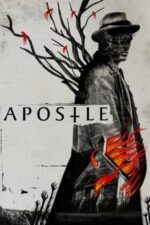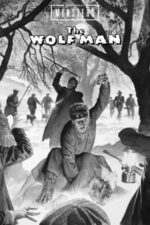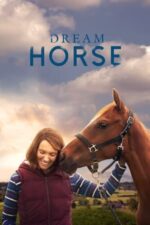Beyond Sheep’s Meadow: Exploring Wales on Screen
Right, let's talk about Wales! It's more than just stunning landscapes (though those are pretty spectacular), and increasingly, it's becoming a fascinating subject for filmmakers – both Welsh and international. We often think of cinematic portrayals tied to specific locations, but when you start looking at how Wales is represented on screen, you uncover some really interesting threads about identity, resilience, and the human spirit.
Now, I’m not talking about just postcard views (though Doctor Who: Unleashed does a lovely job showcasing those!). That documentary, for instance, isn't just a behind-the-scenes look at a beloved show; it highlights how Wales has become an integral part of British storytelling – providing both stunning backdrops and fostering a creative community. It’s interesting to consider how the Welsh landscape itself almost becomes a character in these narratives, lending a sense of history and myth.
But let's dig deeper. The Silent Village is a powerful example of this. The sheer audacity of depicting Nazi occupation in Wales – a story largely absent from mainstream historical accounts – speaks volumes about reclaiming narrative control. It’s a stark reminder that even seemingly remote places aren't immune to the horrors of history, and it forces us to confront uncomfortable truths. It echoes, in a way, how Tiger Bay, set in Cardiff, confronts social issues and moral ambiguity with a raw honesty rarely seen in British cinema of its time. Gillie’s choices – that desperate act of theft – are born from a harsh reality; survival trumps morality when you're fighting for your place in the world.
Then there's something lighter, but equally revealing: Men Up. The sheer absurdity and unexpected intimacy of filming Viagra trials with ordinary Welsh men is brilliantly funny, yes, but it also offers a glimpse into everyday lives, anxieties, and the surprising ways we connect. It’s a testament to the universality of human experience, even when filtered through a distinctly Welsh lens.
And finally, Chuck Chuck Baby – now that's a film with heart! Set against the backdrop of a chicken factory (seriously!), it explores themes of friendship and rediscovery in an unexpected setting. It’s a reminder that beauty and connection can be found even in the most mundane circumstances.
What I find so compelling about these films is how they collectively paint a portrait of Wales far beyond the stereotypical image. They show us its history, its humor, its struggles, and its enduring spirit. It's not just about Wales; it’s a window into something universal – the resilience of people facing adversity, the power of human connection, and the search for meaning in our lives.
So, next time you're looking for something to watch that goes beyond the usual fare, I encourage you to explore some Welsh cinema. You might be surprised by what you find!






































